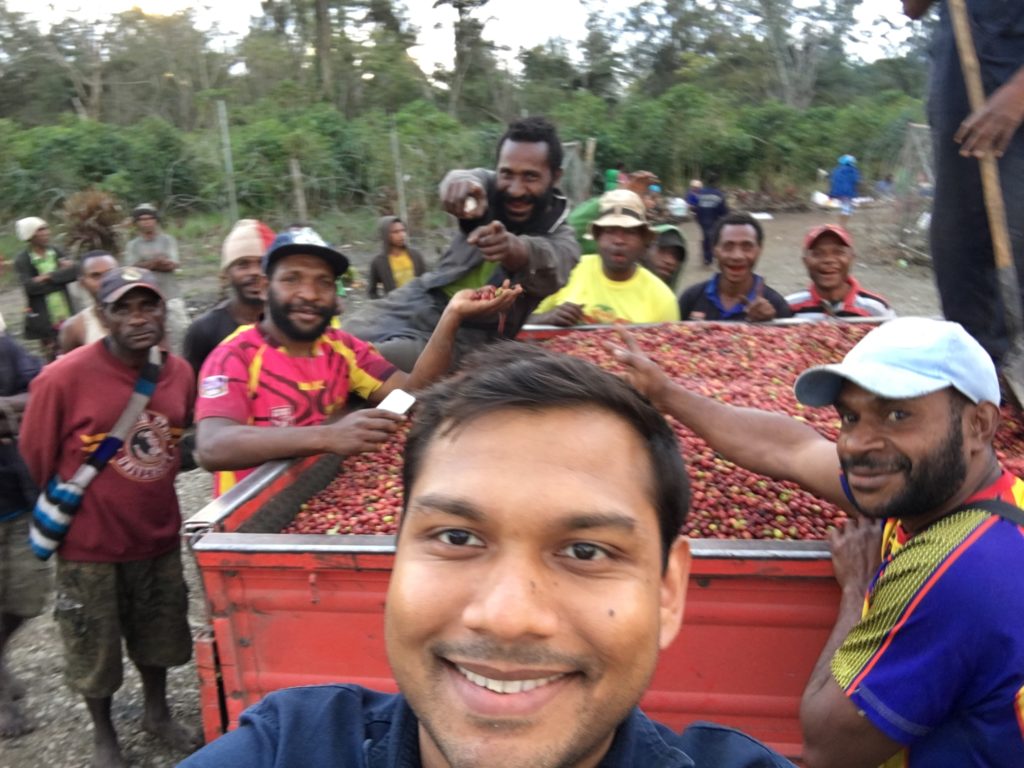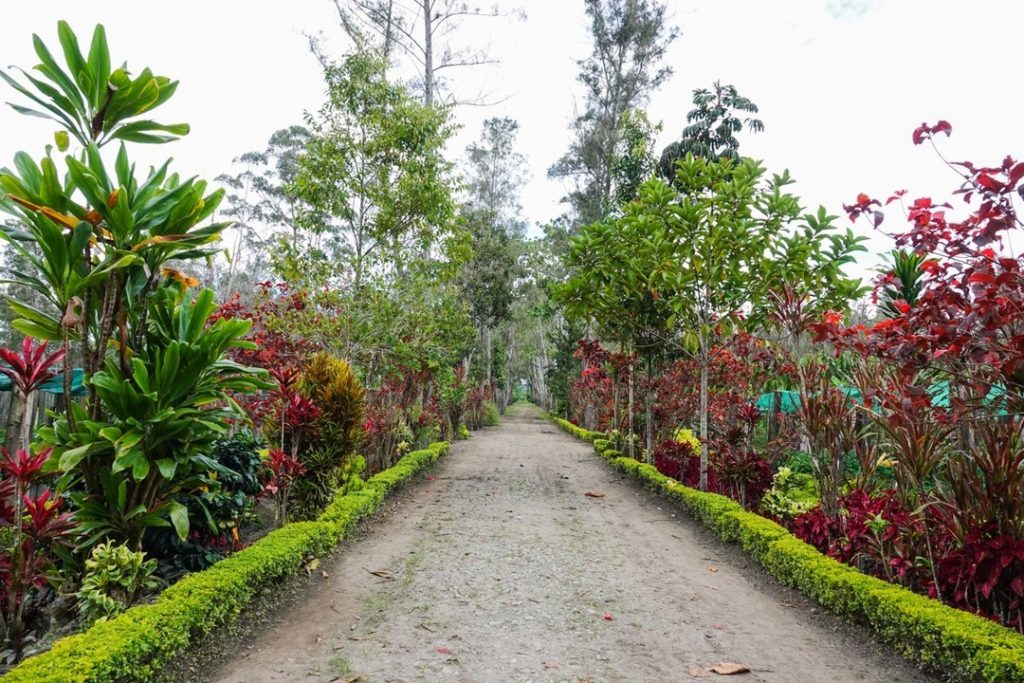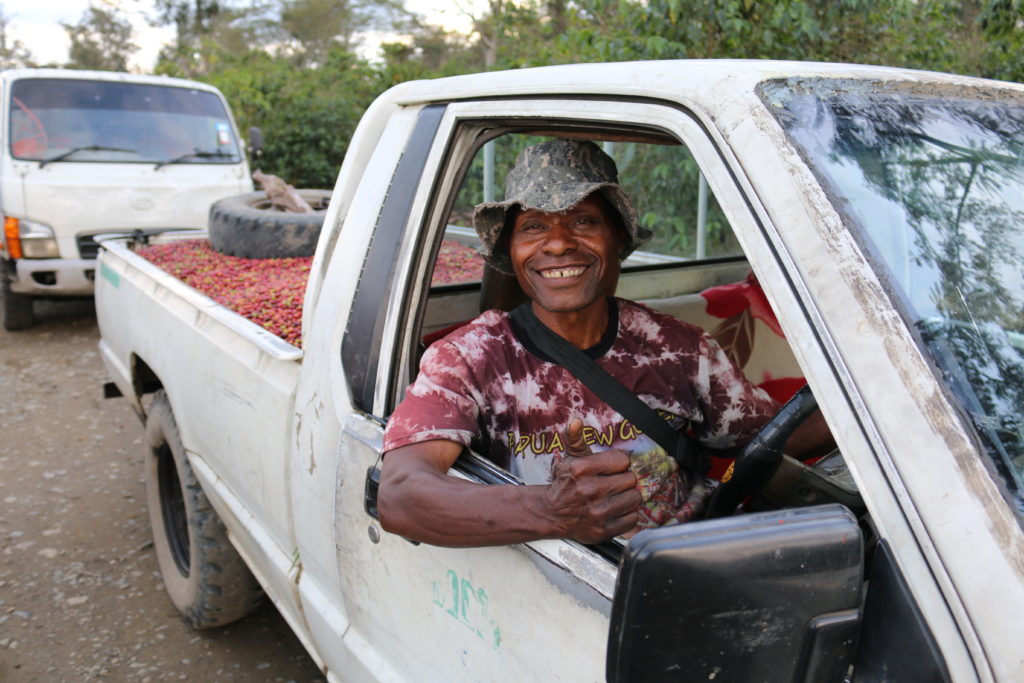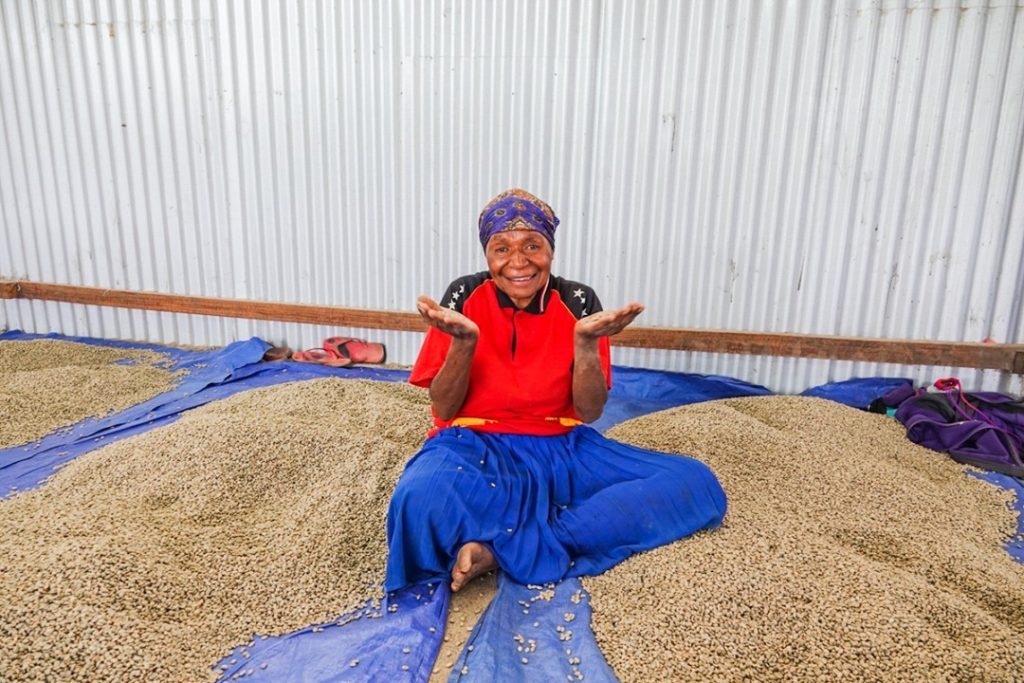Sigri Peaberry
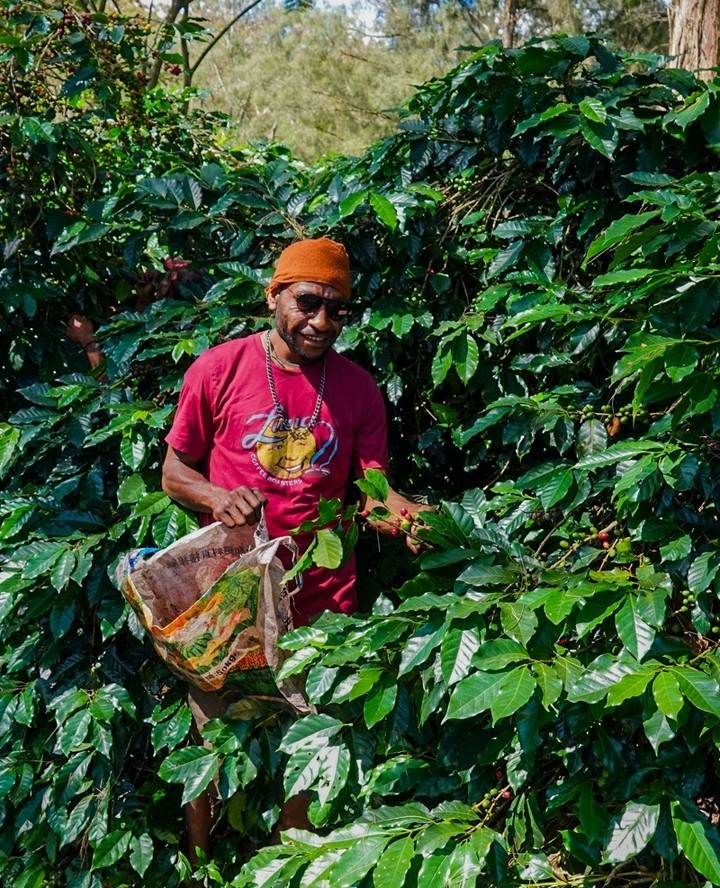
Papua New Guinea
Chocolate Malt • Rum Raisin • Assam Tea
Farm: Sigri Estate
Altitude: 1600m
Producer: Vijay Lourdenadin
Variety: Typica & Arusha
Process: Washed
Quick Notes:
QUALITY: Coffee bearing the Sigri name is grown at high elevation and processed with a transparent and integrated chain of custody known as Kula process to ensure exceedingly high standards of quality and consistency.
PEOPLE: This offering is cultivated by Vijay Lourdenadin and sourced through our friend Vikram Patel of Benchmark Coffee Traders, a relationship-focused green coffee importer with direct ties to coffee producers in Papua New Guinea. Vikram works closely with these producers, supporting a strong social agenda that benefits the thousands of coffee farmers and pickers who work tirelessly to produce these select coffees. These programs include free housing, healthcare and schooling for the families of all pickers.
ENVIRONMENT: Sigri Estate is a biodiverse coffee farm utilizing sustainable agricultural practices. All coffee is shade grown with a variety of native species used as “cover crop”, creating an optimal growing environment for coffee plants and a welcome home for migratory birds.
What Are Peaberries?
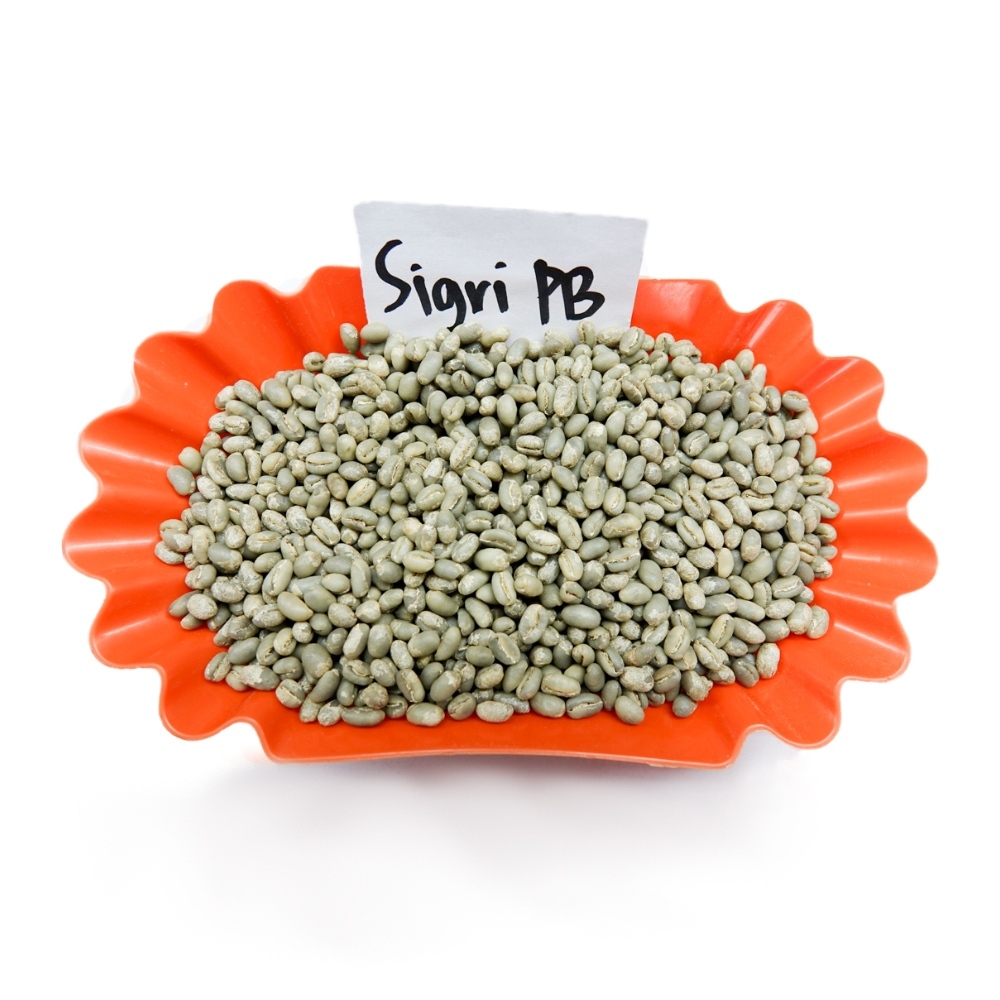
What’s the deal with peaberries? They’re not peas and they’re not berries. They do not look like an average coffee bean. Are they a defect or delicacy? What are these mysterious beans?
Coffee grows on trees – shrubs, to be more precise. Buds blossom into cherries and inside the cherry are the coffee beans. These beans get processed, roasted, and brewed into your favorite beverage. Also known as caracolillo in Spanish (little snail), a peaberry is a rare coffee bean- not a different varietal or origin, but an example where a coffee bean grows contrarily.
Naturally, inside a traditional coffee cherry, there are usually two beans inside. Their flat fronts are face inward and their round backs face outward. In a peaberry coffee cherry, one bean cannot grow and inside the cherry, instead, one round bean forms. This bean grows with nothing flattening it during development, resulting in a pea-shaped (or oval-shaped) bean called a peaberry. The peaberry anomaly occurs in 5- 10% of the total coffee harvest, making them a rare item… Continue reading at Benchmark Coffee Traders’ Blog
